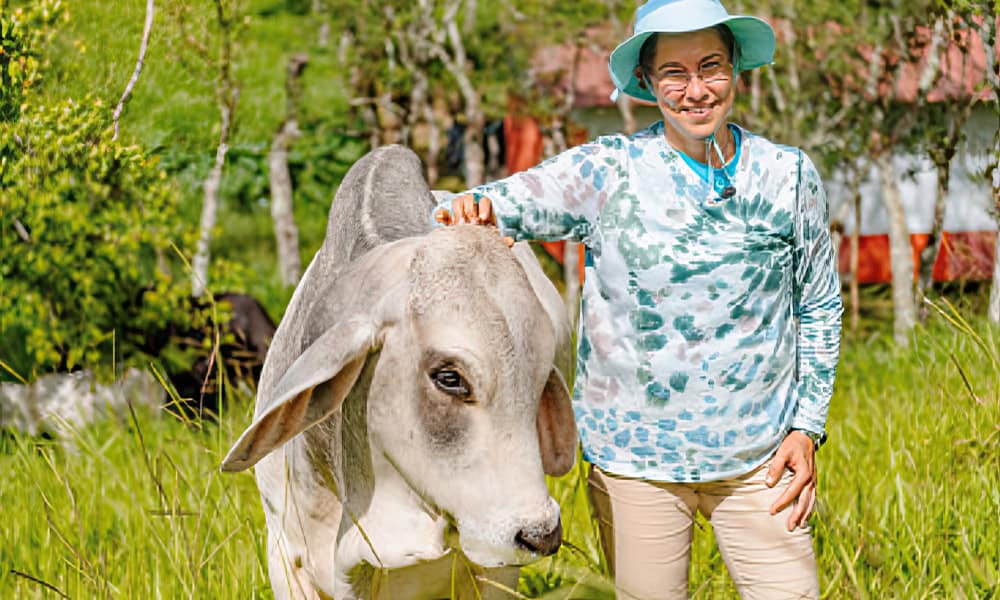Costa Rican women are at the forefront of developing the country’s agricultural sector in rural areas, significantly impacting sustainable farming and livestock management. The Scaling up Climate Ambition on Land Use and Agriculture through Nationally Determined Contributions and National Adaptation Plans (SCALA) program, led by FAO and UNDP, has empowered women to take major steps forward in these fields.
SCALA responds to the urgent need for enhanced action to address climate change impacts in agriculture and land-use sectors. According to experts, rural women in Costa Rica play an essential role in agriculture and climate action. Although they make up only 15.6 percent of agricultural producers and manage just 8.1 percent of agricultural land, their expertise in wildlife management, plant genetics, and sustainable practices is indispensable.
“For example, women herders are crucial for sustainable livestock production, a key element of climate adaptation in Costa Rica,” said Rafaella Sánchez Mora, Specialist in Gender Equality and Women’s Empowerment at UNDP. She further noted that the important contributions of women are often overlooked due to persistent inequalities, including limited access to resources and opportunities.
Data shows that only 3.1 percent of women-led farms receive technical assistance, and only 38.4 percent of women’s organizations can access credit, compared to 61 percent of men-led organizations. Additionally, 82 percent of women’s organizations operate informally, reflecting deep-rooted gender stereotypes. Women also spend more than twice as much time on domestic work and childcare as men, restricting their economic opportunities.
SCALA’s analysis revealed that only 42 percent of women own the land they work on, limiting their access to credit and participation in sectoral discussions. Most women manage less than 20 hectares and own fewer animals compared to men. Economic challenges are also significant, with 85 percent of women receiving no financial compensation for their farm work, which forces them to seek additional income outside livestock production, further increasing their workload.
Costa Rica has taken steps to address these challenges. In 2023, the country introduced the National Action Plan on Gender Equality in Climate Action, which emphasizes multisectoral strategies, including employability, economic autonomy, and capacity building, while further integrating gender perspectives into climate initiatives.






